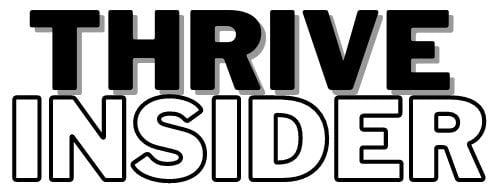Valuing a business is a critical aspect of any transaction involving the sale or purchase of a company. It’s essential to know the true worth of a business to ensure a fair price is being paid or received. Business valuation is also important for other purposes, such as estate planning, tax purposes, and financial reporting. Different legal methods can be used to determine a business’s value, each with unique advantages and disadvantages.
1- Income Approach
The income approach is a widely used method to value a business based on its potential to generate income in the future. This method is based on the assumption that the value of a business is directly linked to the income it generates.
a. The Discounted Cash Flow (DCF) Method
The DCF method estimates the present value of future cash flows a business is expected to generate. It involves forecasting future cash flows for a specific period and then discounting them to their present value using an appropriate discount rate. The discount rate is based on various factors, such as the risk associated with the business, inflation, and the time value of money.
b. The Capitalization of Earnings Method
The capitalization of earnings method is used to estimate the value of a business based on its earnings potential. This method involves dividing the expected earnings by an appropriate capitalization rate to determine the value of the business.
2- Asset Approach
The asset approach values a business based on its net asset value (NAV). This method involves determining the fair market value of a business’s assets and liabilities and subtracting the total liabilities from the total assets to arrive at the net asset value. The asset approach assumes that a business’s value equals its assets’ value minus its liabilities’ value.
a. The Going Concern Value Method
The going concern value method assumes that the business will continue to operate and generate income in the future. This method involves estimating the value of the assets the business will use to generate future income.
b. Liquidation Value Method
The liquidation value method, on the other hand, assumes that the business will be sold or liquidated. This method estimates the value of the assets sold in a liquidation sale.
3- Market Approach
The market approach is a method of valuing a business based on the selling prices of similar businesses. This method involves comparing the business being valued to similar businesses that have recently been sold or are currently on the market. The market approach assumes that the value of a business is directly linked to the prices paid for similar businesses.
a. The Guideline Method
The guideline public company method compares the business being valued to publicly traded companies in the same industry.
b. The Transaction Method
The transaction method compares the business being valued to similar recently sold businesses.
There are various legal methods used in business valuations. The income, asset, and market approaches are the most popular methods used to determine the value of a business. Business owners and investors should work with experienced professionals to choose the best method for their needs and circumstances.







More Stories
Dr. Beth Shapiro and Colossal Biosciences: Charting the Course for De-Extinction
Unleashing Unlimited Entertainment: Exploring StreamEntertainment’s Film and Series Catalog
How to Attract More Visitors to a Local Park